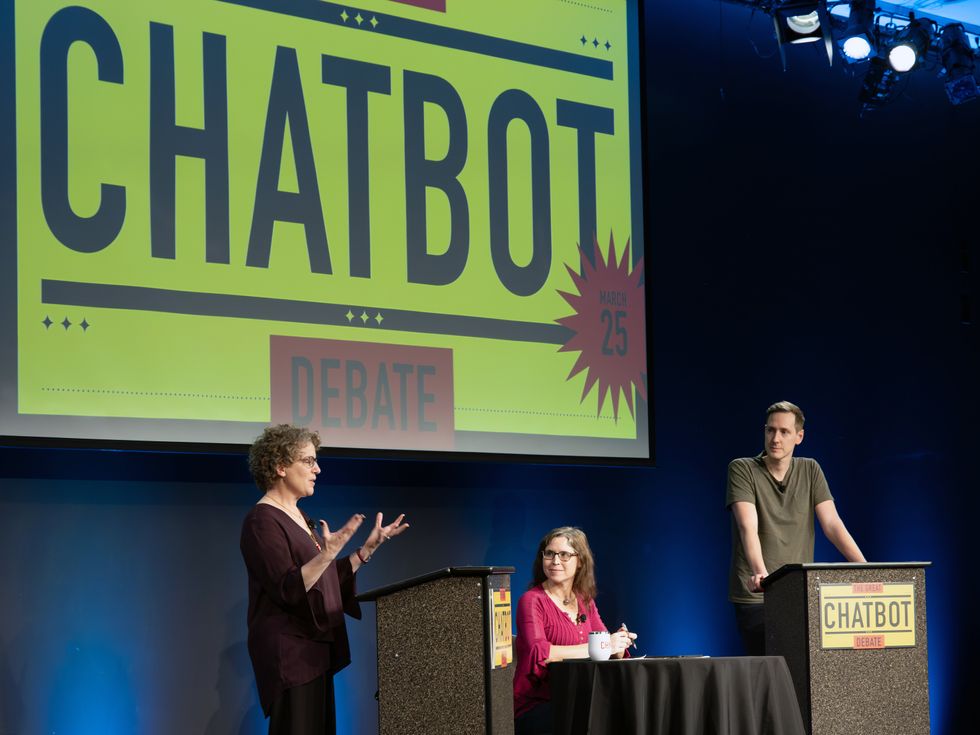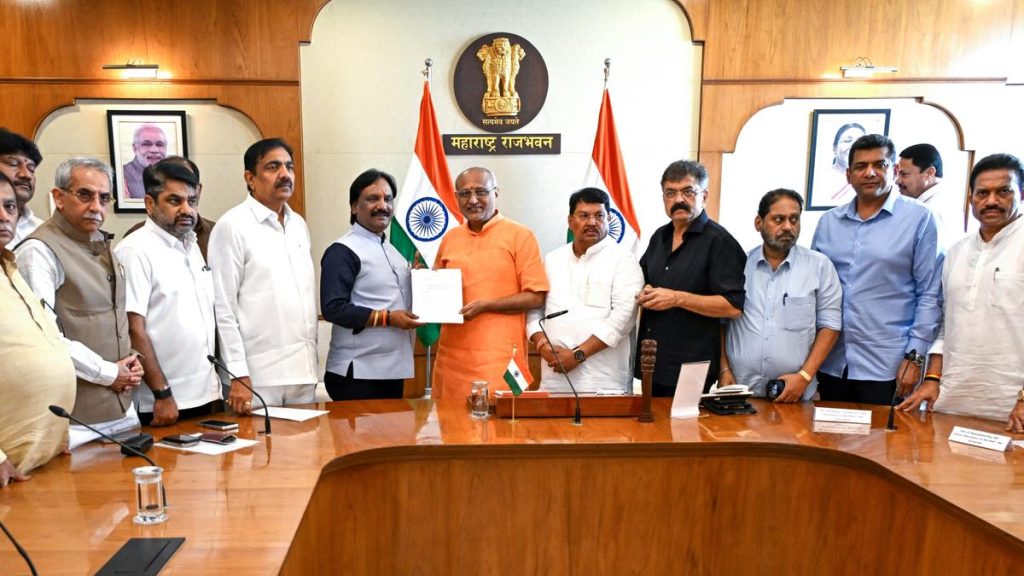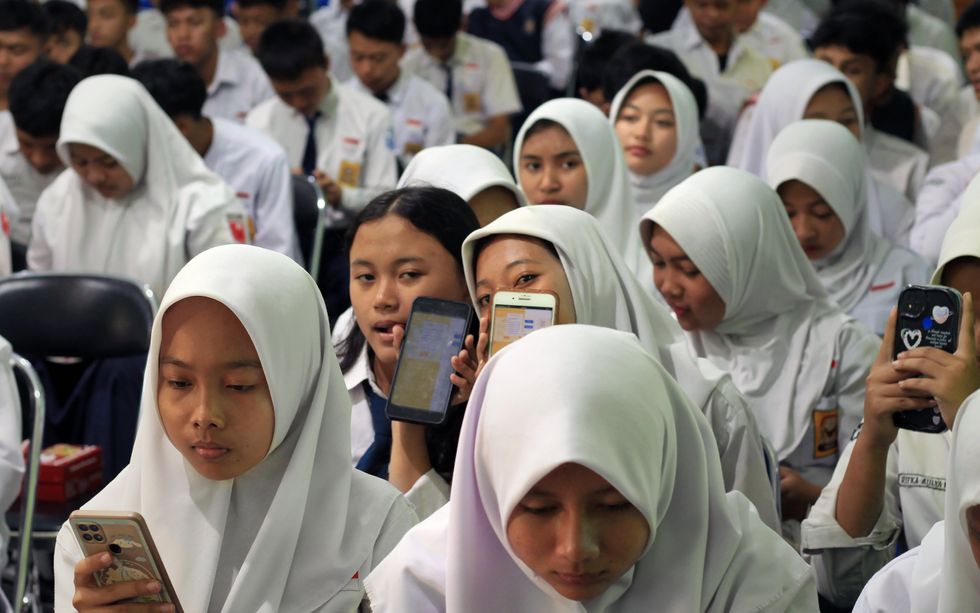Now Reading: Chatbots and Understanding: Separating Fact from Fiction
-
01
Chatbots and Understanding: Separating Fact from Fiction
Chatbots and Understanding: Separating Fact from Fiction

Swift Summary
- A debate on whether Large Language Models (LLMs) really understand the world was held by IEEE Spectrum in collaboration with the Computer History Museum on 25 March.
- The debate featured two experts:
– Emily M. Bender (University of Washington professor and coauthor of the paper On the Dangers of Stochastic Parrots), arguing “no.”
– Sébastien Bubeck (former VP of AI at Microsoft, recently joined OpenAI), arguing “yes.”
- Emily M. Bender emphasized concerns over LLM risks and their limitations in true comprehension.
- Sébastien bubeck cited advancements in GPT-4 as evidence that LLMs have reached a new level resembling comprehension.
- The event, titled “Parrots vs. Sparks,” included discussions about AI capabilities and ethics.
Video from the debate is available here.
Indian Opinion Analysis
The debate reflects growing global concern surrounding LLM technologies like GPT models, balancing their potential achievements against ethical risks. For India, a nation with aspiring economic growth plans tied to digital innovation and intelligence systems, this conversation is highly relevant.
India is rapidly integrating AI into areas such as governance, health care, and education; thus understanding what constitutes meaningful “comprehension” versus mere simulation could effect policymaking priorities.If experts like Emily M.Bender prove correct-highlighting inherent limitations or dangerous biases-it may prompt India to invest more heavily in ethical oversight for these models while exploring alternative training methods tailored to Indian contexts.
Conversely, supporters like Sébastien Bubeck suggest transformative possibilities if advancements hold promise-this could accelerate India’s drive to harness cutting-edge technology for societal benefits furthering its global tech leadership role.
India’s decision-makers might use debates such as this one to create frameworks that critically evaluate both perspectives before integrating AI solutions widely across sectors.

























